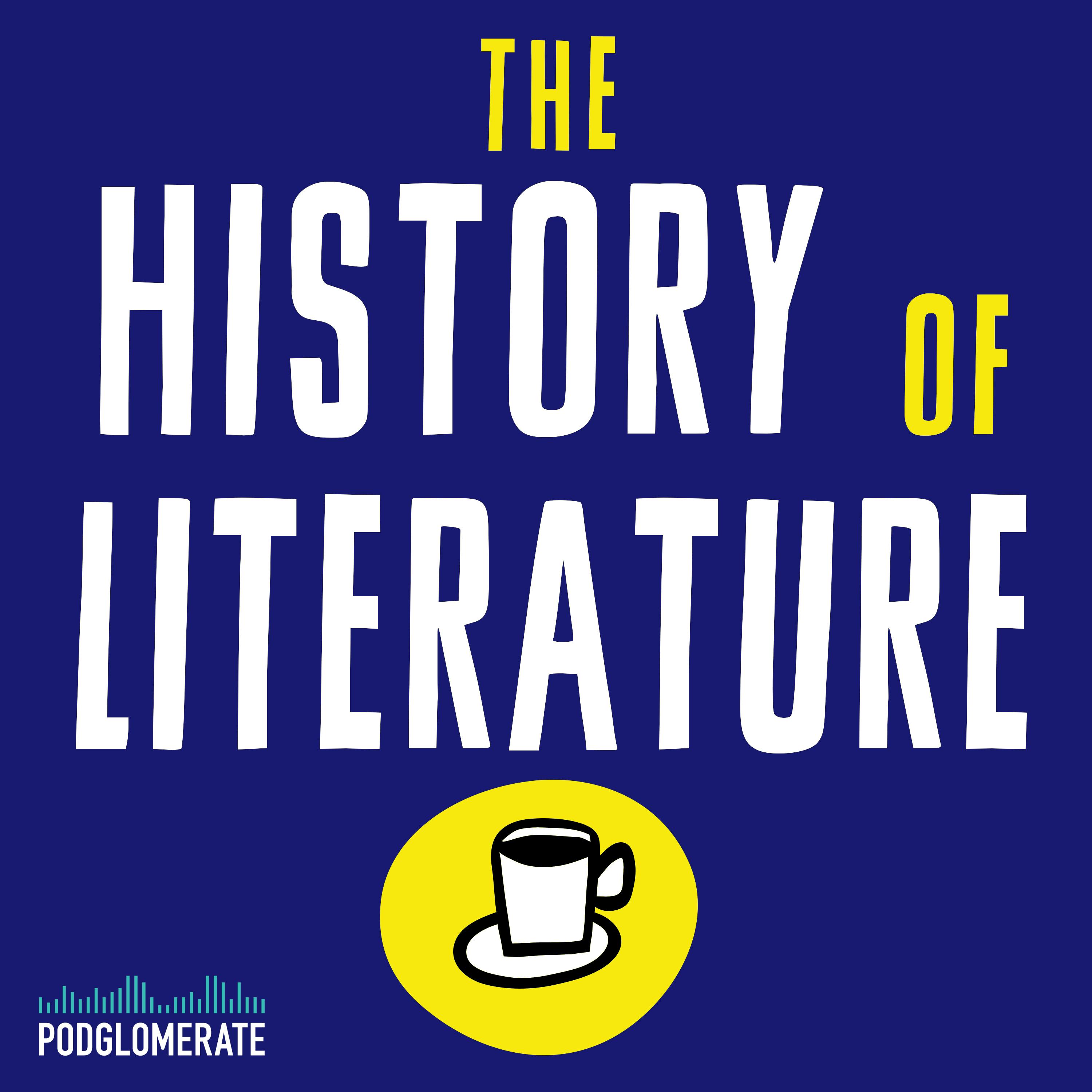642 Theater and Democracy (with James Shapiro)
Description
It's hard to imagine now, but the United States government wasn't always hostile or indifferent to the arts. In fact, from 1935 to 1939, President Franklin Delano Roosevelt's New Deal Government responded to the Great Depression by staging over a thousand theatrical productions in 29 states that were seen by thirty million (or nearly one in four) Americans, two thirds of whom had never seen a play before. How did Roosevelt's administration come to hire over twelve thousand struggling artists, including Orson Welles and Arthur Miller? How successful were the plays? And what ultimately shut them down? James Shapiro (The Playbook: A Story of Theater, Democracy, and the Making of a Culture War) joins Jacke for a discussion of the Federal Theatre Project and its legacy.
Additional listening suggestions:
548 Shakespeare in a Divided America (with James Shapiro)
374 Ancient Plays and Contemporary Theater (with Bryan Doerries)
624 Top 10 Great Performances (with Laurie Frankel) | My Last Book with James Shapiro
The music in this episode is by Gabriel Ruiz-Bernal. Learn more at gabrielruizbernal.com.
Help support the show at patreon.com/literature or historyofliterature.com/donate. The History of Literature Podcast is a member of Lit Hub Radio and the Podglomerate Network. Learn more at thepodglomerate.com/historyofliterature.
Learn more about your ad choices. Visit megaphone.fm/adchoices
More Episodes
Written in the early 1300s, Dante Alighieri's Divine Comedy has been an essential component of Western literature for more than 700 years. In this episode, Jacke talks to Joseph Luzzi about his book, Dante's Divine Comedy: A Biography, which gives an intimate portrait of the work that has...
Published 11/11/24
It's a Literary Feast Day at the History of Literature Podcast! First, Jacke talks to old friend Mike Palindrome about his love for A Moveable Feast, Hemingway's late-in-life recollection of his salad days (Pernod days?) in Paris. Then Collin Jennings (Enlightenment Links: Theories of Mind and...
Published 11/07/24
Published 11/07/24


